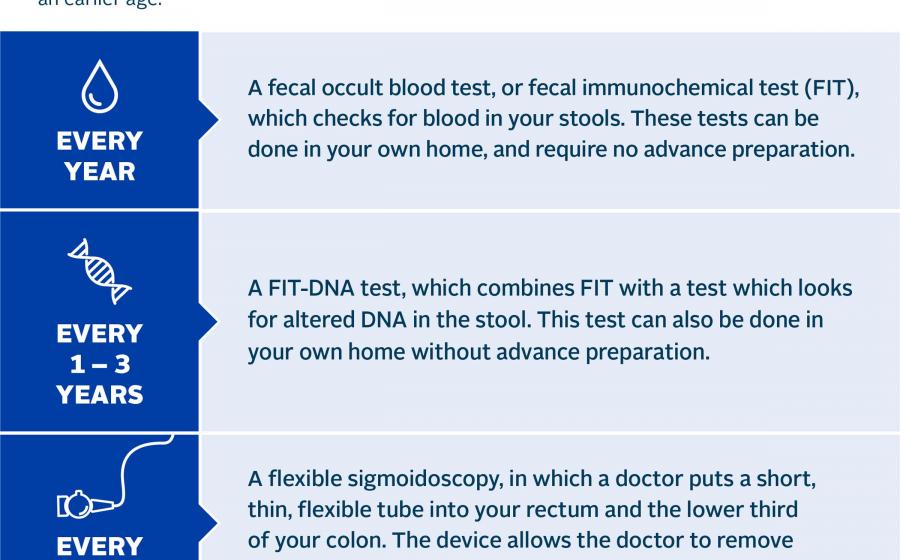On the Golf Course, You Really Have Skin in the Game
(NewsUSA) - Mark Twain famously said that golf is a good walk spoiled. For most golfers, the sport is also fraught with a very high risk of getting skin cancer.
- Mark Twain famously said that golf is a good walk spoiled. For most golfers, the sport is also fraught with a very high risk of getting skin cancer.
On the course, golfers are exposed to the sun’s ultraviolet (UV) radiation, which is the primary cause of nonmelanoma skin cancer (NMSC). The journal Exercise Medicine advises that golf is associated with more UV radiation exposure than other outdoor activities such as fishing, tennis, swimming, gardening, sun-worshipping and sailing.
How common is NMSC? Some 9,500 Americans are diagnosed with skin cancer every day, with more than 3 million new cases recorded yearly – more cases than all other types of cancer combined. One in five Americans will have NMSC in their lifetime, and incident rates are rising.
Dr. Robyn Messing, a physician specializing in diseases of the skin at Family Medicine of Michigan in Grand Ledge and who is married to a golf pro, notes, “New research shows that 27 percent of golfers have been diagnosed with skin cancer, compared to just seven percent of the general population. That really underscores how important it is for golfers to use sunscreen repeatedly during their outings, and to wear protective clothing.”
Popular tee times between 11am and 3pm result in exposure to the sun’s strongest UV rays, leading to the fact that golfers are prone to cancerous lesions on the scalp, shoulders, back of neck and forearms. The more one plays, the higher the cancer risk, as UV exposure is cumulative over one’s lifetime.
Professional golfer Rory Sabbatini had a squamous cell carcinoma removed from his face; Adam Scott was diagnosed with basal cell carcinoma, another type of NMSC; and Aron Price reported three incidents of NMSC before doctors diagnosed him in 2010 with melanoma.
The good news for anyone with NMSC is that dermatologists around the country now offer a nonsurgical treatment with a 99%+ cure rate that eliminates cutting, surgical scarring and the possible need for reconstructive surgery. Called image-guided SRT or the GentleCure Experience™, it’s covered by Medicare and most insurance plans. Information is available at www.GentleCure.com.
On the golf course, water and sand traps reflect the sun’s rays and increase your UV exposure. All the more reason to stay on fairways and greens!



 - The ongoing pandemic has highlighted the importance of keeping your immune system strong and healthy, according to Leonard A. Farber, MD, a healthcare executive and expert in emerging technologies and their impact on public health.
- The ongoing pandemic has highlighted the importance of keeping your immune system strong and healthy, according to Leonard A. Farber, MD, a healthcare executive and expert in emerging technologies and their impact on public health. 
 - Colorectal cancer remains the
- Colorectal cancer remains the 
